Tumsa Nahin Dekha
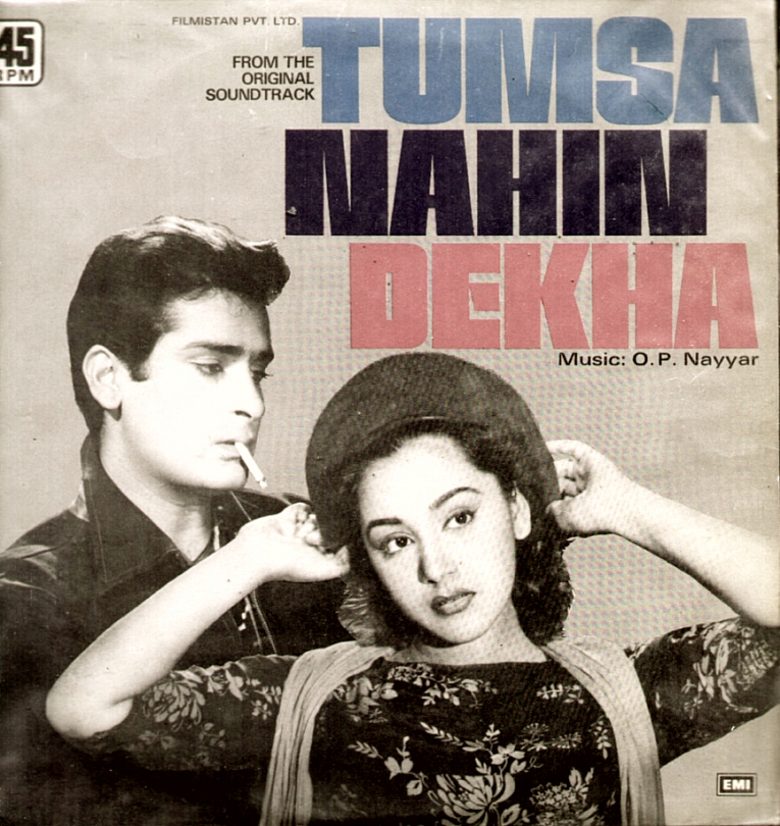
Director: Nasir Husain
Year: 1957
Music: O.P. Nayyer
Duration: 156 minutes
Rating: 7.0
Aka – Saw Nobody Like You
Tumsa Nahin Dekha was the debut film for
director Nasir Husain and the film that saved Shammi Kapoor’s career. It
is a light frothy romantic comedy with a number of enjoyable spritely songs
that did very well at the box-office. It was a long time coming for both
of them.
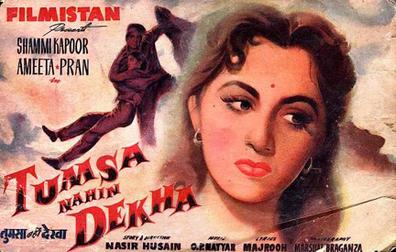
Nasir was brought up in a middle-class
family in Bhopal where his father was a professor. This studious nature
was not passed on to Nasir who did poorly in High School and then at university
in Lucknow. After his father passed away when Nasir was only fifteen
he began to go to the movies a lot but his studies did not improve. The one
thing he had some aptitude for was writing and after graduating and having
no idea what to do with himself he moved to Bombay. A year later he ran into
S. Mukerji who asked him what he did. A writer. Read to me something you
wrote. Nasir did but did not hear from him for months until Mukerji called
Nasir to help with the dialogue for a film. Mukerji then hired him full time
to be a script writer. Nasir’s family was very upset that he went into the
film business – not a proper career they thought.
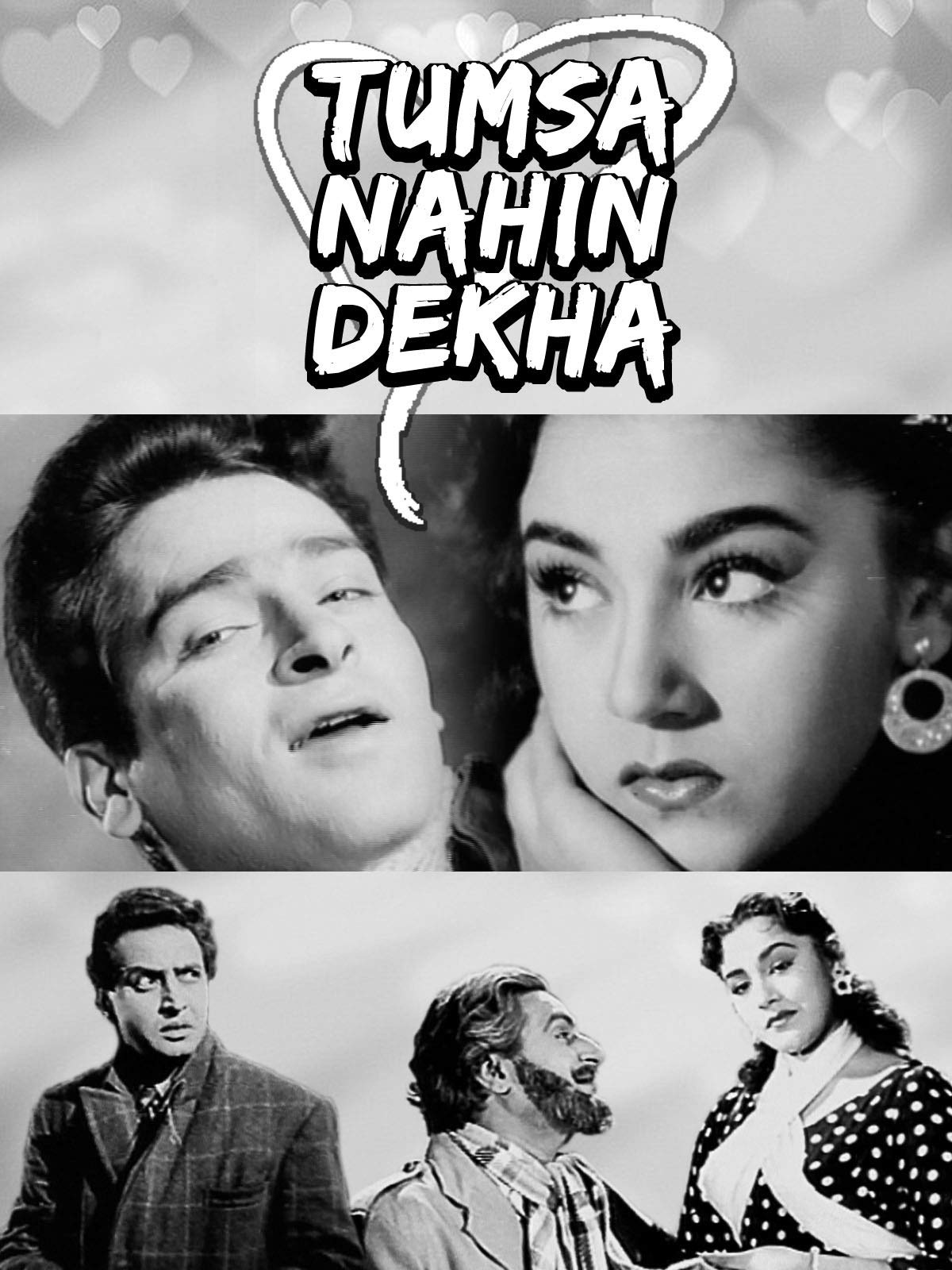
Mukerji was a legend back then. He had
left the most prestigious film studio Bombay Talkies to form Filmistan Studio
in 1943 and had one hit after another. He wanted his directors and writers
to spin out entertaining films – Masala films with laughs, music and romance.
He was married to the sister of Ashok Kumar, his son Joy became a popular
actor and among his nieces are Kajol and Rani Mukerji. There are other film
connections as well too confusing to figure out. Algebra is easier. Over
the next ten years Nasir contributed to scripts and eventually began writing
his own. One of the directors that he specifically wrote for was Mukerji’s
nephew, Subodh Mukerji, and they had a few hits together with Dev Anand as
the star.
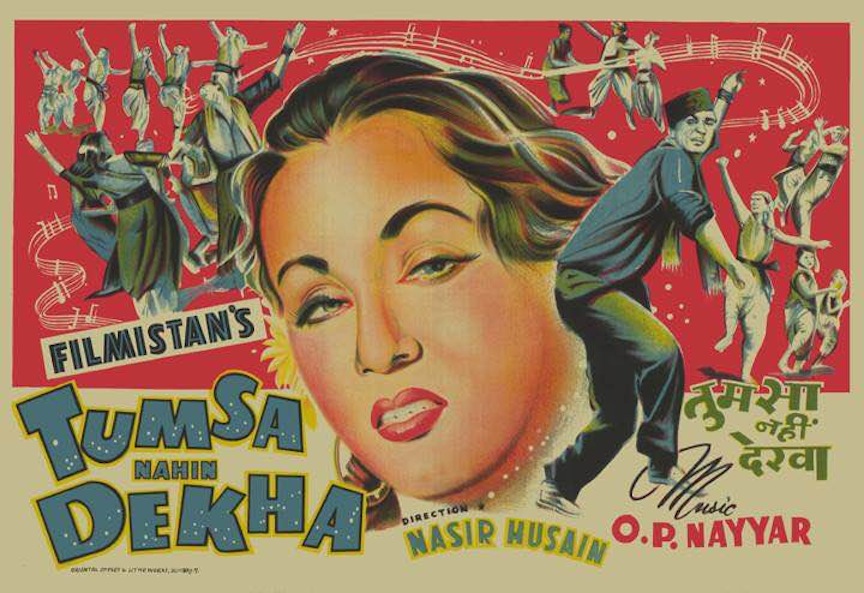
Finally by 1957 Nasir felt he was ready
to direct and put together this script and went to one of Filmistan’s money
people who said – ok – but with as small a budget as possible (fairly clear
in the film). But the money man Mr. Jalan had two demands. The hero had to
be Shammi Kapoor and the heroine a newish actress named Ameeta. Nasir didn’t
want either, especially Shammi Kapoor.
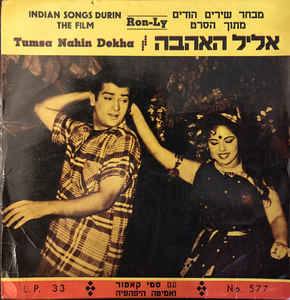
Shammi was expected to be an actor from
birth. His father was the famous Prithviraj Kapoor who had been in theater
and film and his brother was Raj Kapoor, one of the top directors and actors
in the 1950’s (Shashi Kapoor as the youngest brother was to come along later).
But after nineteen films Shammi had simply made no impact on the audience
– he was accused of just imitating his brother with his thin moustache and
mannerisms. He had decided that this film was his last shot – if it failed,
if he failed, he would leave the business. So he shaved off the moustache,
gave his hair a cool combed back modern look and decided to play his character
with an insouciant nonchalanance. Fresh, funny, teasing and charming. He
even originates his famous "Yahoo" call here.
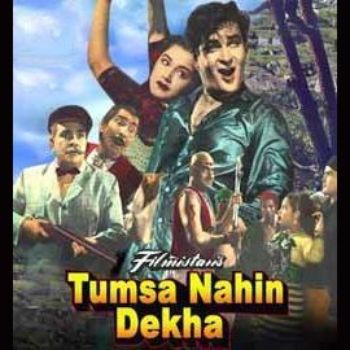
This sort of portrayal went against everything
Bollywood heroes were. They were a serious lot – the big stars at the time
were Ashok Kumar, Raj Kapoor and Dilip Kumar – all as serious in romance
and drama as a shot in the head. Shammi completely went against that and
lo and behold he danced. No Fred Astaire by any means but he got out there
and danced and looked so happy doing it. Most male actors thought dancing
was beneath them – and during music sequences would just stand or walk about
– maybe shake a leg. Women danced, men watched. Not Shammi. Shammi was to
influence many of the actors who came after him – not so much the big action
stars such as Dharmendra or Sanjay Dutt who also rarely danced or smiled
but actors such as Shahrukh Khan and Akshaye and Hritihik who are able to
make fun of themselves and can dance.
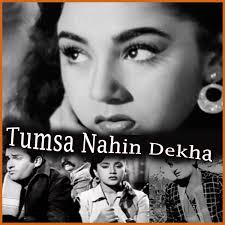
But Nasir was horrified that he was getting
stuck with Shammi. He wanted Dev Anand – but Dev didn’t want to play opposite
Ameeta who he considered a B player. Neither did Nasir want her. He tried
to get Madhubala or Meena Kumari – two huge stars – but they didn’t want
to give time to a first time director. Ameeta was a huge fan of Madhubala
and her performance is clearly influenced by her. So with no budget and
two actors he did not want Nasir went about making the film. And it was
a huge hit. For him and for Shammi whose new persona caught on like a forest
fire and that he hung on to for hit after hit in the 1960s. Nasir was to
go on to a number of very popular films – sometimes as director – Yaadoon
Ki Baaraat, Caravan, Phir Wohi Dil Laya Hoon, Jab Pyar Kisise Hota Hai and
Dil Deke Dekho and as a writer the incredibly great Teesri Manzil and Qayamat
Se Qayamar Tak (1988) that made a star out of his nephew, Amir Khan. Ameeta
went on to a solid career for the next ten years but never quite got the
golden ring. She is fine here though – very cute, feisty, perky and a good
match for Shammi.
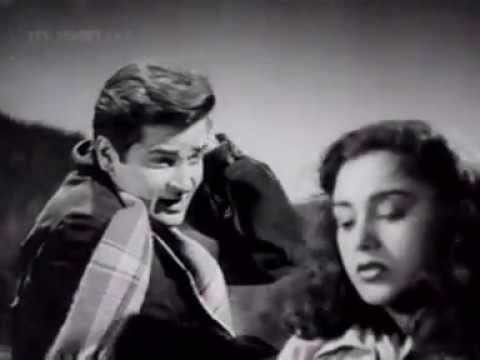
The film is entertaining – fun, light
on its feet, mischievous, excellent verbal foreplay between Shammi and Ameeta
– influenced by Hollywood films I think of the man falling for the girl
but the girl thinking he is a jerk and he has to prove over the length of
the film that he is not the dick she thinks he is. A very common narrative
now in Bollywood but apparently back then not so much. Nasir has been accused
both by fans and critics of basically making the same film every time. I
think that is harsh at least from the ones I have seen but certainly his
next film Dil Deke Dekho feels like a copy of this one. One element he uses
a lot is the coincidence – in Yaadon Ki Baaraat three brothers are separated
at birth and find themselves all together fighting the bad guys not knowing
they are brothers. Corny but quite a wonderful film. In Dil Deke Dekho, Shammi
finds himself working for a woman who thinks he is a fake – who turns out
to be his long lost mother. This one has a similar theme and coincidences
step on coincidences that are buried under other coincidences. This used
to strike me as ridiculous - a poor shortcut for idle writing – but
perhaps Indians are more accepting of this because they believe in fate,
destiny so much more than we do. It works in mysterious ways. Especially in
the movies.
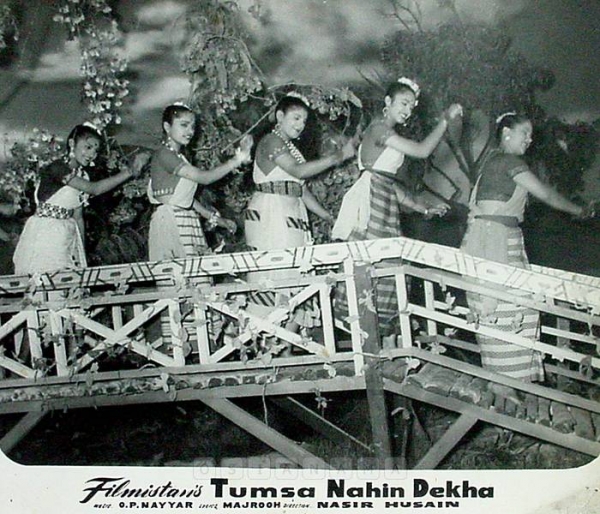
Gopal (B. M. Vyas) loses his money in
a poker game – likely cheated – and kills one of the brothers he is playing
with and runs away leaving his wife and young son to fend for themselves.
Jump ahead many years. It has been reported that his wife and son died in
a fire but Gopal doesn’t believe it. Under a new name he has become a wealthy
man and adopted a young girl Meena (Ameeta) to be his daughter. He has her
advertise in the paper for two men to come work at his plantation and to
also put in an ad for his wife and child.
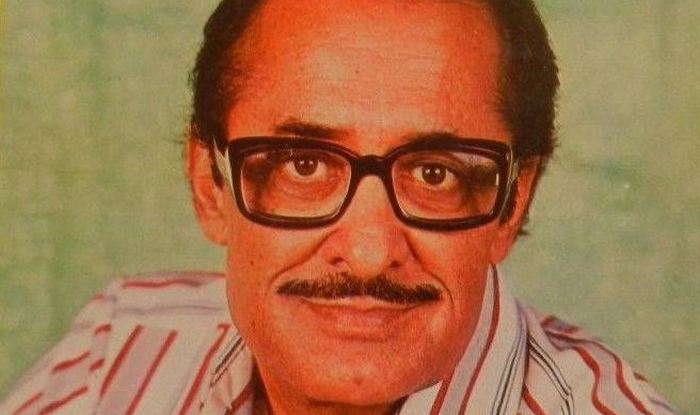
She goes into the city to do so – in the
meantime the mother sees the ads and tells Shankar (Shammi) to go work for
this man – and to hand Gopal a letter that informs Gopal that this is his
son but not to say anything because Shankar hates his father. On the way
Shankar ends up in the same train carriage with Meena – he does his best
to annoy her, she thinks he is a jerk. He is rather. The coincidences continue
– the brother of the murdered man (who also saw the ad) sends his son (Pran
- voted Villain of the Millennial) to pretend to be Shankar the son in order
to steal Gopal's money and kill him for revenge – and amazingly he finds
the letter lying on the ground that the other Shankar had dropped. The real
Shankar gets another letter from mom and both men show up as Shankar with
a letter and Gopal doesn’t know which is the real one and so hires both.
See what I mean. Lots of twists and turns and It flies by quickly. Shammi
is my favorite Bollywood male actor so I am grateful that it turned out this
way.
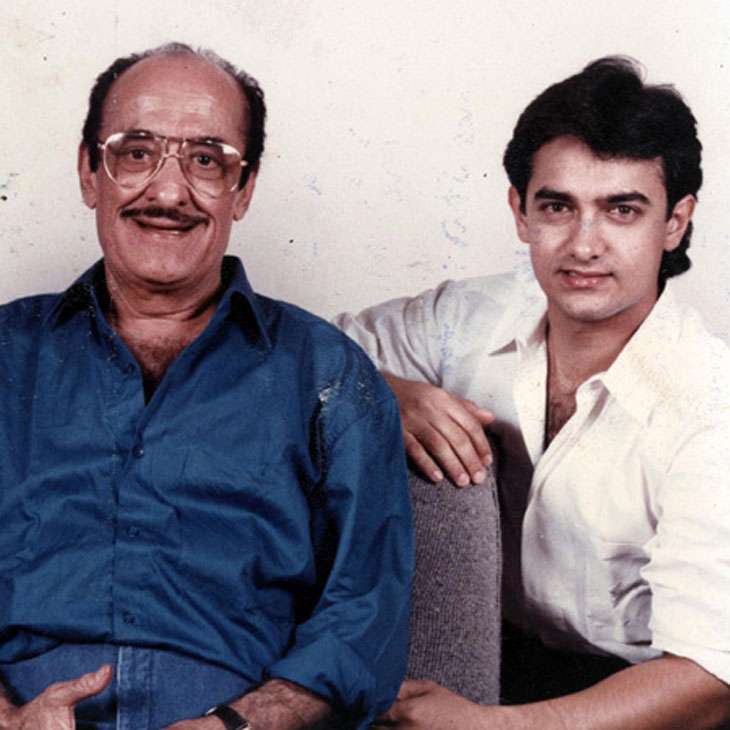
Thanks to Akshay Manwant's book - Music,
Masti, Modernity: The Cinema of Nasir Husain for all the bio information
relayed here. It is a great read.











